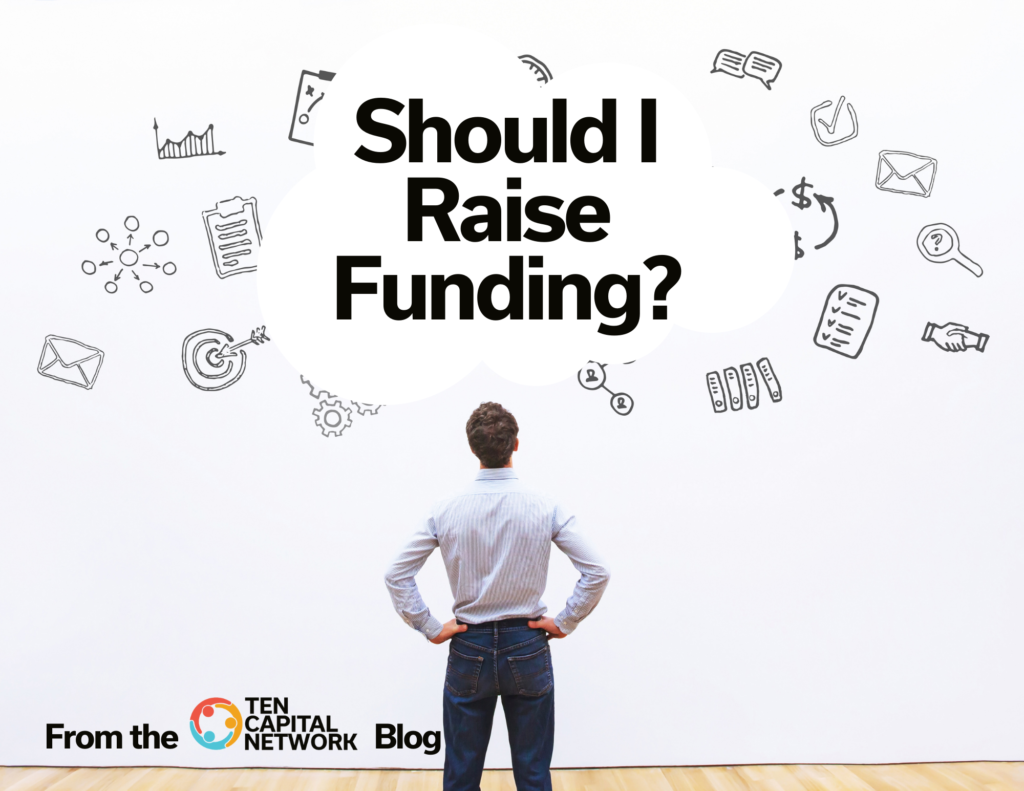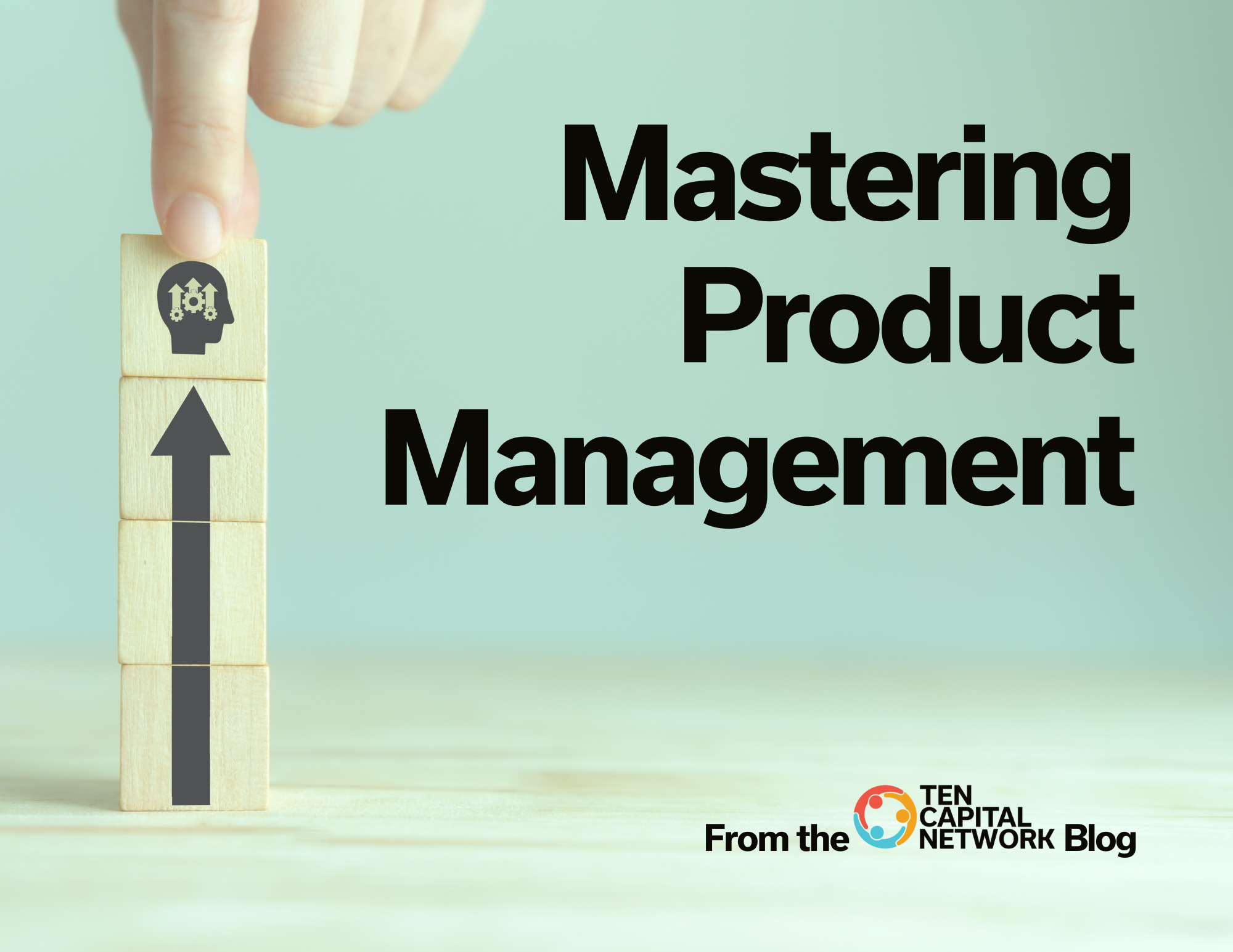2 min read Not all capital needs are best addressed through fundraising, and not all startups are ready to start a round of funding. Before beginning your raise, consider if fundraising is the best way to go for your startup. In this article, we will help you determine if you should raise funding by looking at your organization’s metrics, team, and product or service.
Should You Raise Funding for Your Startup
Not all capital needs are best addressed through fundraising. Before beginning your raise, consider if fundraising is the best way to go for your startup. Ask why you need funding. See if you have a specific need for funding that is tied to growing the business.
If you have a business that is on a high growth trajectory, consider venture funding. If the company is not high growth or has no vision of selling it, consider other forms of funding such as SBA loans or revenue-based funding.
Investors expect a return in the ballpark of five times their investment in five years. Angel and venture capital funding goes to those startups that can provide this level of return. Other factors to consider for venture funding include the following:
- You have a large addressable market.
- You are building a scalable business.
- You are using a recurring revenue monetization model.
- You are building a platform-based business rather than a single product.
- You plan to sell the business rather than keep it for a lifestyle business.
- You have built enough business to prove product and market validation- the product works, and people will pay for it.
When to Raise Funding
Most founders go out for a fundraise prematurely because they need money, not because they are ready for fundraising. Consider the following to understand when it is best to raise funding:
- Do you have a compelling idea that you can articulate?
- Do you have a validated customer, market, and product lined up?
- Are your investor documents prepared? Of course, your pitch deck will change over time, but it always needs to show the core product, team, and fundraise.
- Can you demonstrate the product, even at an early stage?
- Can you show customer interest through engagement as well as revenue?
- Have you spoken with some investors to identify what risks they see in the deal? Do you know how you can mitigate those risks?
Only after completing the above preparations should you consider launching your fundraise. You can then successfully engage investors with your deal, and remember to never show up to an investor meeting empty-handed. Always have some customer engagement to discuss.
Can You Show Product and Market Validation?
In talking with startup investors, the first two questions are Product Validation and Market Validation. Essentially, these measures show that the product works and that someone will buy it. Investors look for evidence of this before moving into further diligence, so it’s essential to show this in your pitch.
Beta users are a great way to show the product works, as well as customer interest. In many cases, the product is a website supplying some value in data storage or analysis. In today’s world, the chance of getting the product up and running is relatively high- but will someone use it? And more importantly, will someone pay for it?
Customers who pre-pay for your product check the market validation box. This demonstrates you are solving a real problem. If you don’t have anyone paying for it, you’ll need to resort to pipeline metrics showing the number of downloads, trials, and pilot programs. While these metrics are not as valuable as showing proof of a paying customer, they indicate that the customer will most likely buy.
It’s helpful to show the funnel prospects in engaging your product. This includes lead generation, qualification, closing, trials, pilot tests, and signed customers. Investors look for a consistent signup percentage on the leads going through your program. While the absolute number of signups may not be high, the repeatability of your model can be compelling to the investor.
How To Know If Your Startup is Venture Fundable
The following points will help you to understand if you are venture fundable. But, first, consider if you have the following:
- Recurring Revenue – Do you have recurring revenue in your model?
- Platform-Based Approach – Are you taking a platform-based approach to the product/service delivery, or do you sell one-off products?
- Data-Centric – Are you capturing key data elements that improve your process and product?
- Strong Team- Do you have a strong team? Does each member bring expertise about their field to your business?
- Fast growth (>50% YoY) – Are you growing at least 50% YoY?
- Large Target Market – Are you targeting a market over $1B?
The more checkmarks you have on this list, the more fundable you are with VCs.
Feel free to try out our calculators and contact us if you would like to discuss your fundraise: https://www.startupfundingespresso.com/calculators/

Hall T. Martin is the founder and CEO of the TEN Capital Network. TEN Capital has been connecting startups with investors for over ten years. You can connect with Hall about fundraising, business growth, and emerging technologies via LinkedIn or email: hallmartin@tencapital.group.





